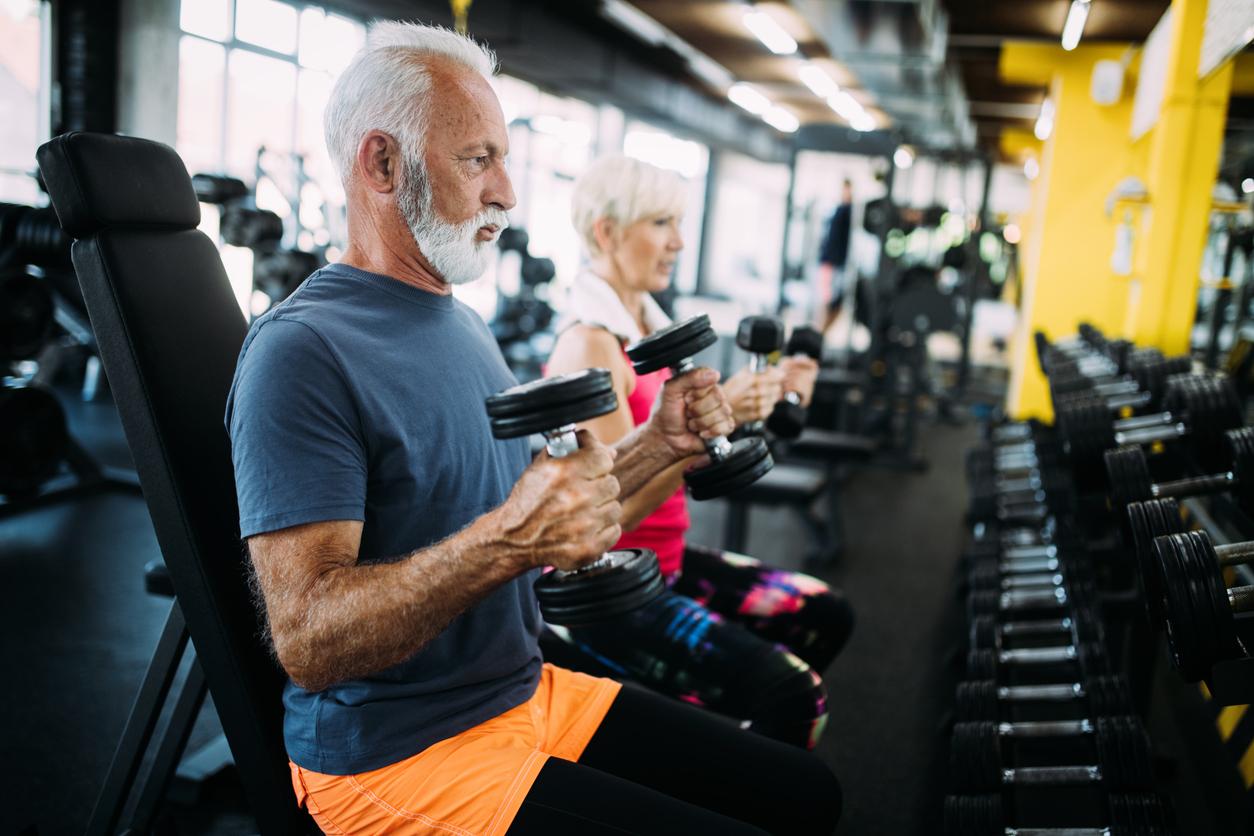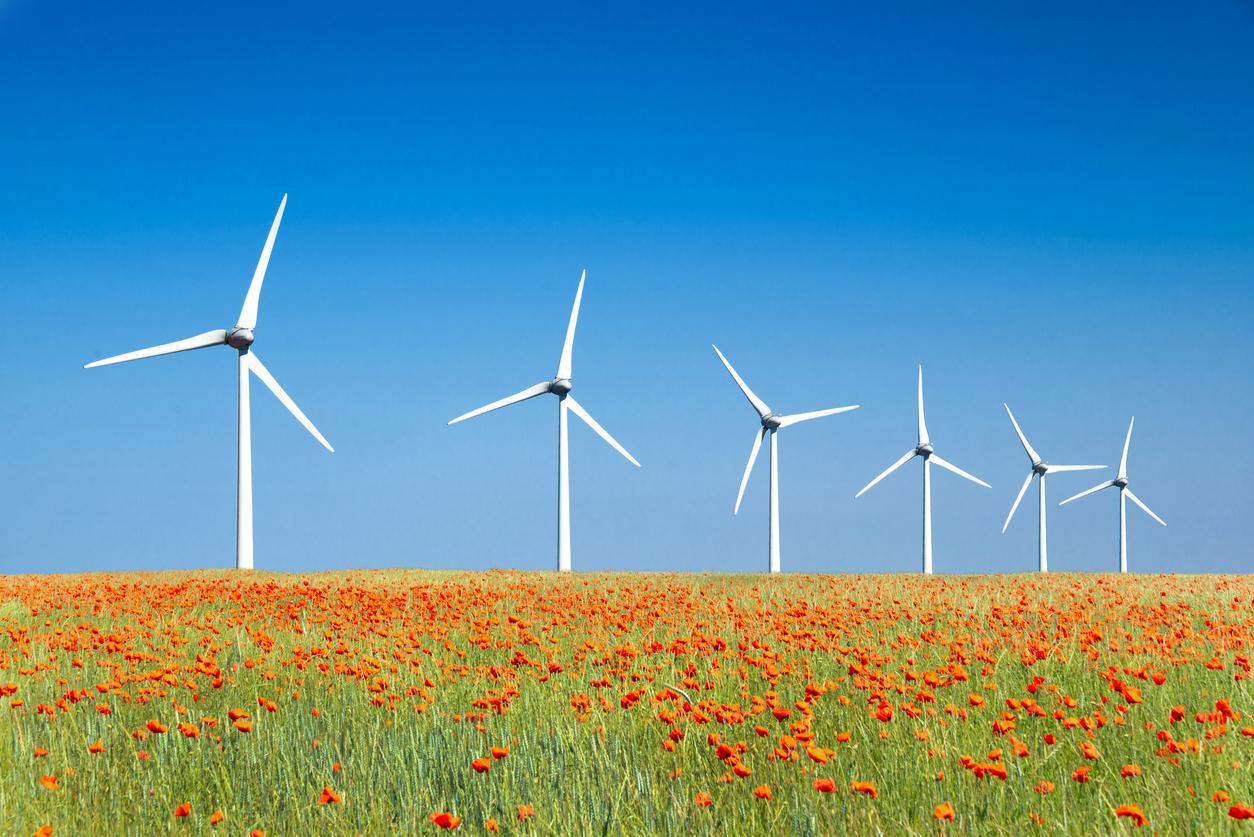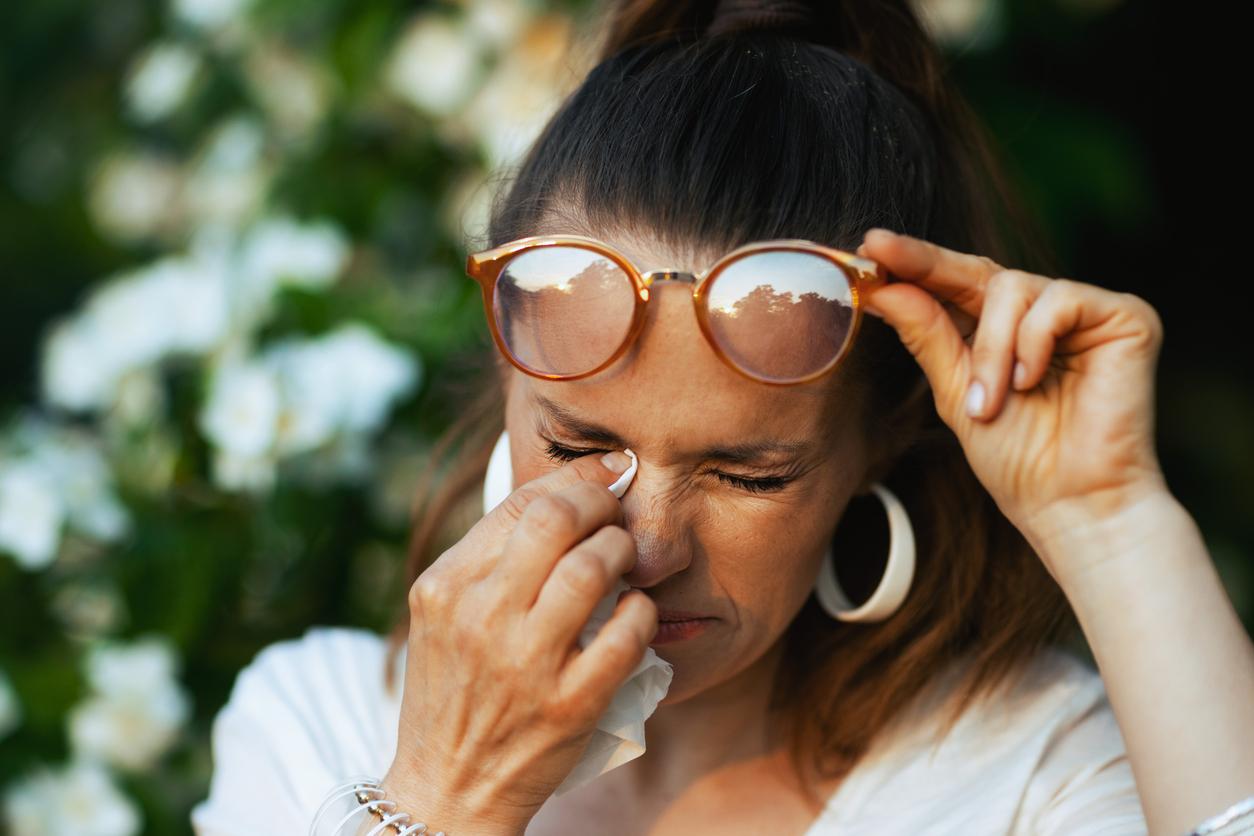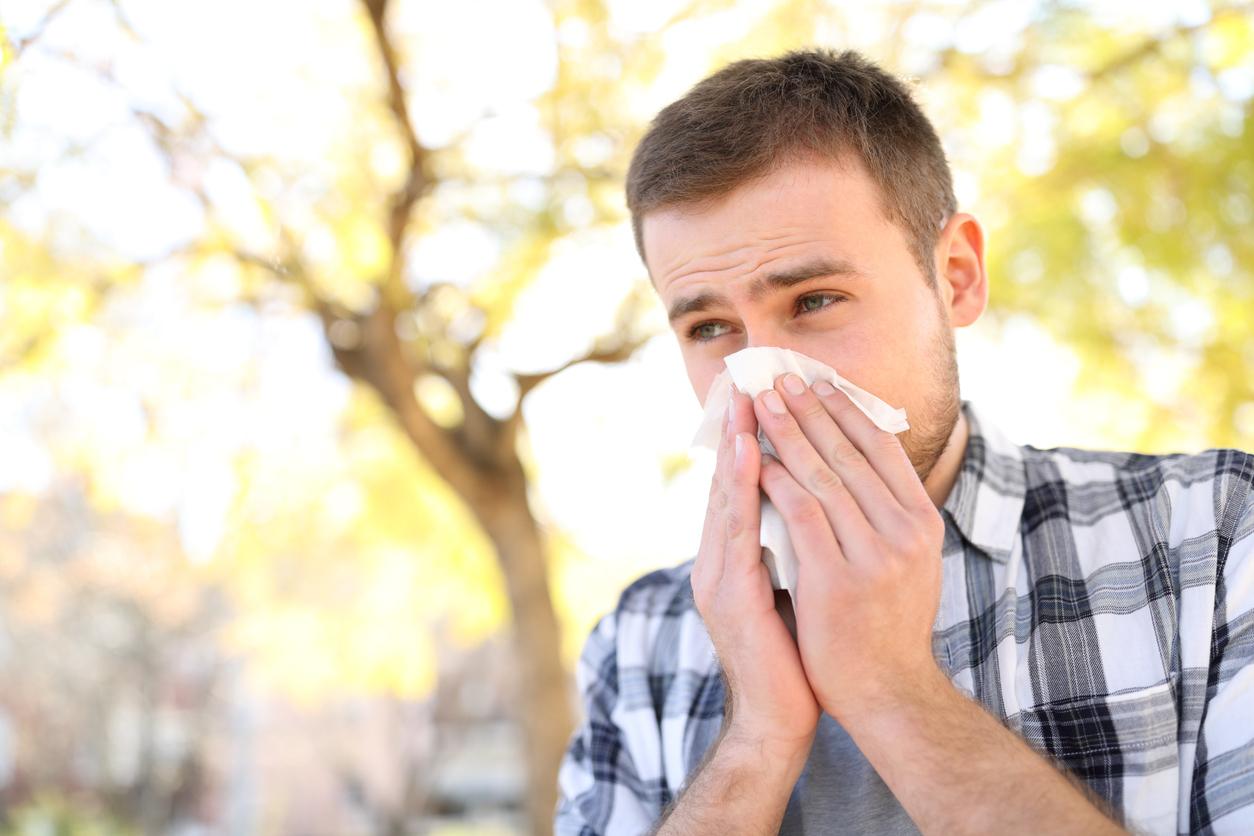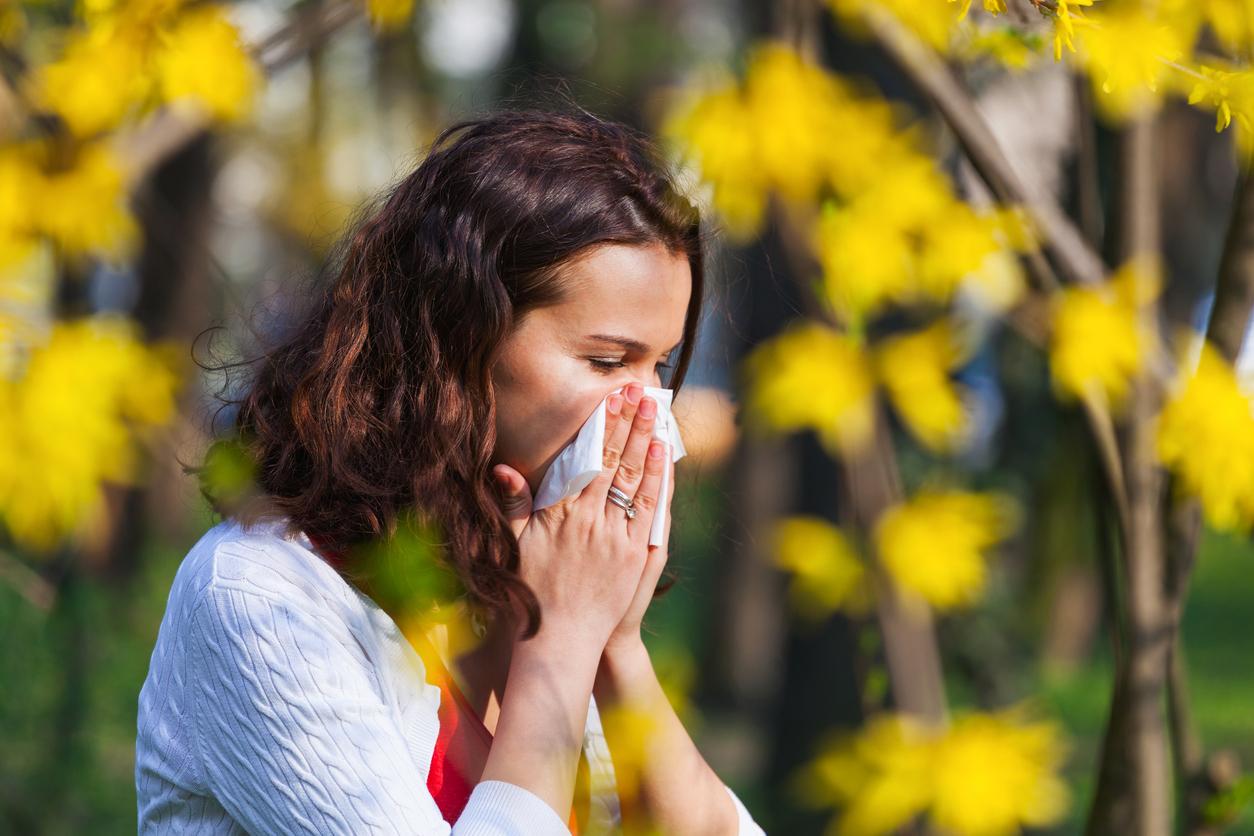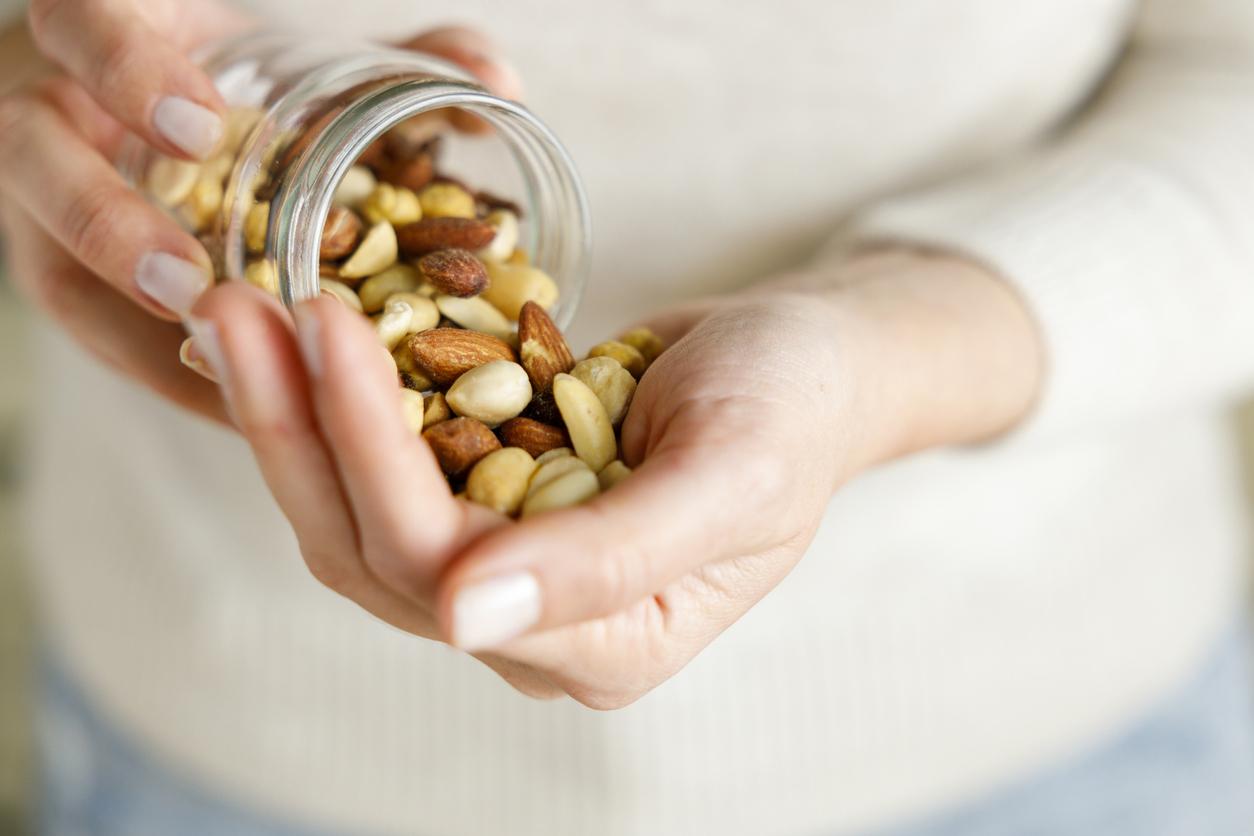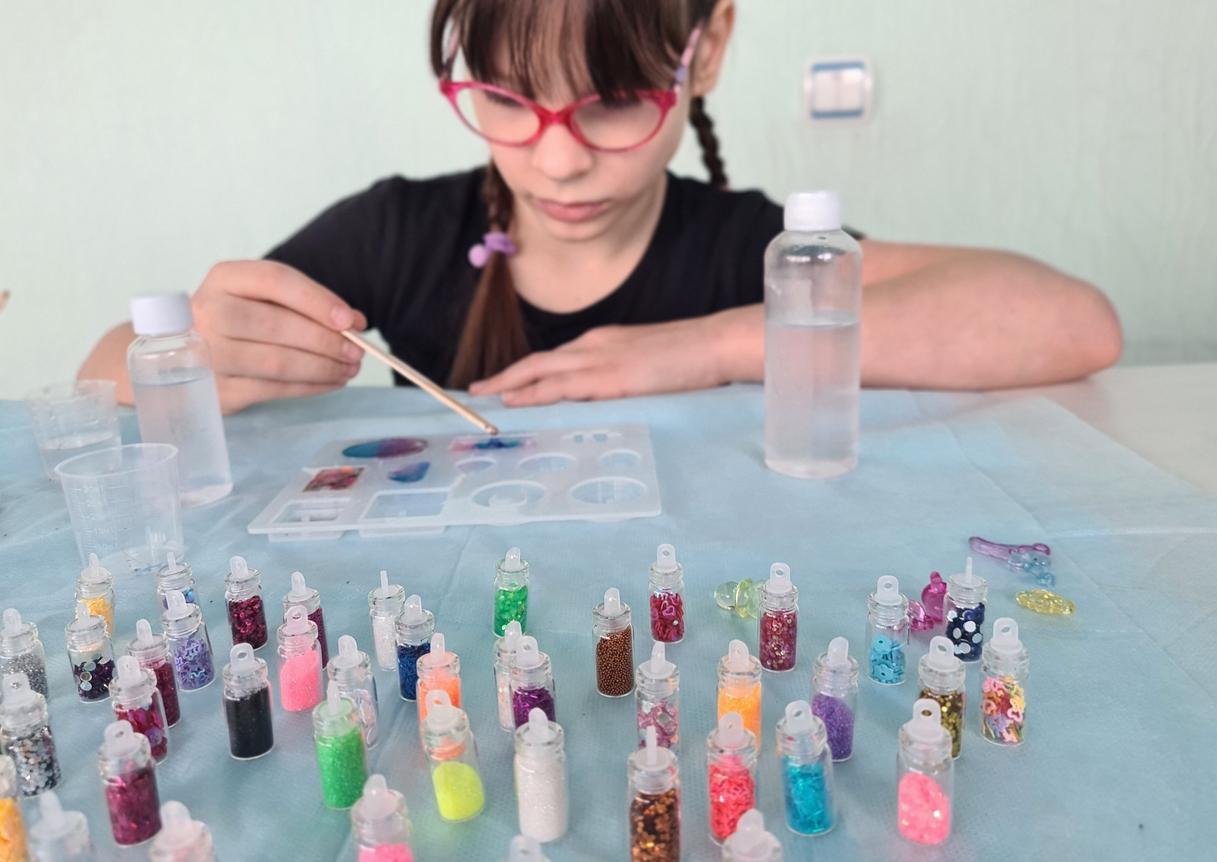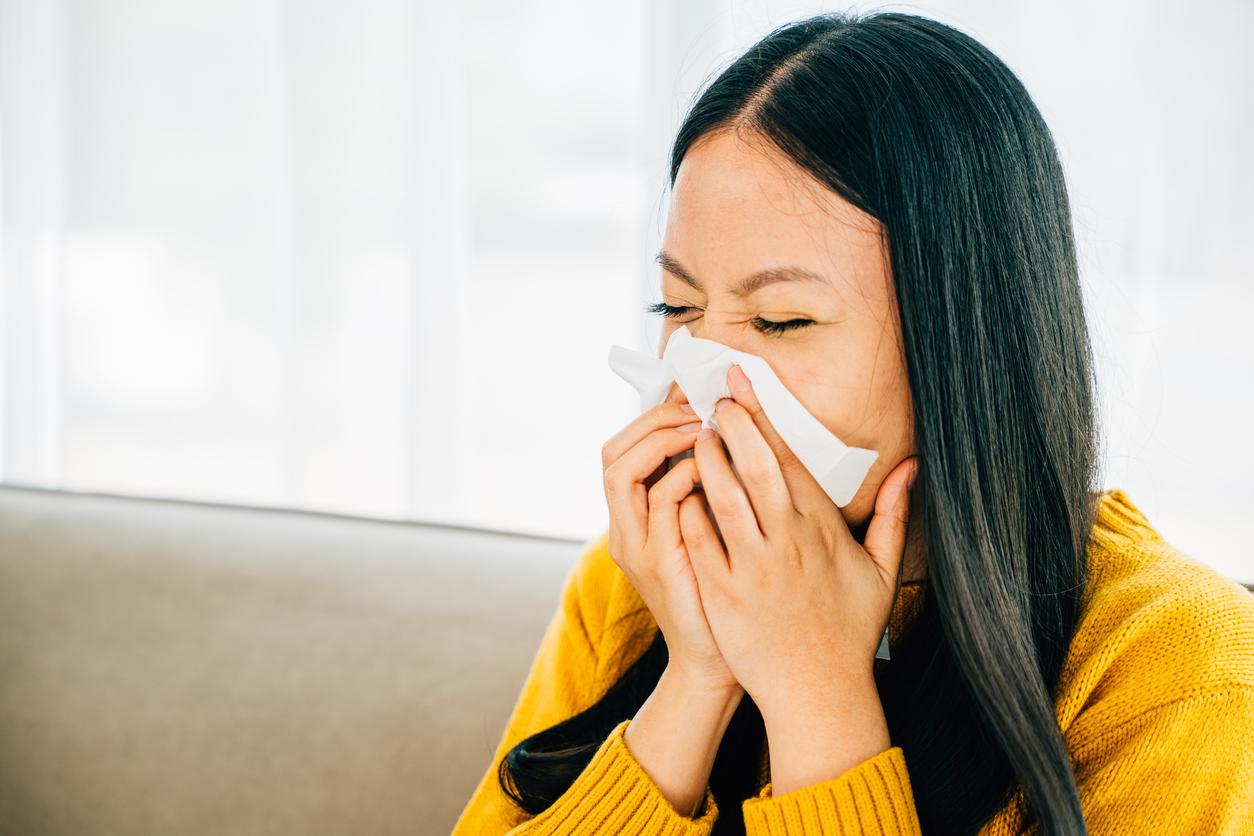MAINTENANCE – In Rhône-Alpes, the quantities of ragweed pollen have greatly increased. Allergics should stay at home, advise RNSA experts.
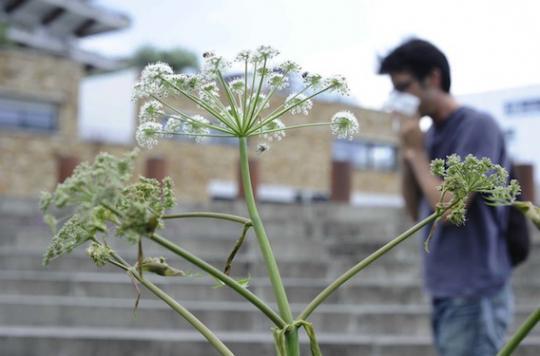
Ragweed pollens are back on the offensive! This is the title of latest RNSA bulletin (1) published a few days ago, valid until August 26. Its director, Charlotte Sindt, announces that “the quantities of ragweed pollen have increased sharply in recent days”. And like every year, the affected regions remain the same. The risk of allergy is therefore considered high to very high in Roussillon, Lyon, Valence and Grenoble. There, level 5 of allergic risk to ragweed has even been reached. Contacted by Why actor, Gilles Oliver, engineer at RNSA, explains what this implies for people with allergies.
What does a level 5 allergic risk mean? ?
Gilles Oliver : For the moment, it is just located in Isère, in the Drôme, the Rhône and the Ardèche. But the threat could spread since in the Loire and Ain, the risk is currently moderate but could quickly rise to the next level.
In this case, it is a “maximum” allergy risk for those who are allergic to ragweed. That is, there is a lot of this pollen in the air. Translation, if these sensitive people go outside, they will have rhinitis (runny nose), conjunctivitis (itchy, itchy and weeping eyes), and sometimes even cough or asthma.
Is this level 5 rare?
Gilles Oliver : No, every year, at this time of the year (end of August-beginning of September), these departments reach a level 5 of risk of allergic to ragweed. However, this should not prevent us from remembering that there is a big difference between level 3-4 and level 5. When it is reached, as is the case in several departments, I advise allergy sufferers to stay at them. This is the best solution if they have the possibility. After that, there are treatments or practical advice. For example, changing clothes and washing your hair when you get home. We also recommend rolling the window closed when in the car or not hanging out your laundry outside.
How can we reassure these people?
Gilles Oliver : We must tell them that after mid-September, the peak will already be much less strong. Sensitive people will then have much fewer symptoms and can resume normal activity.
(1) The National Aerobiological Surveillance Network
.




